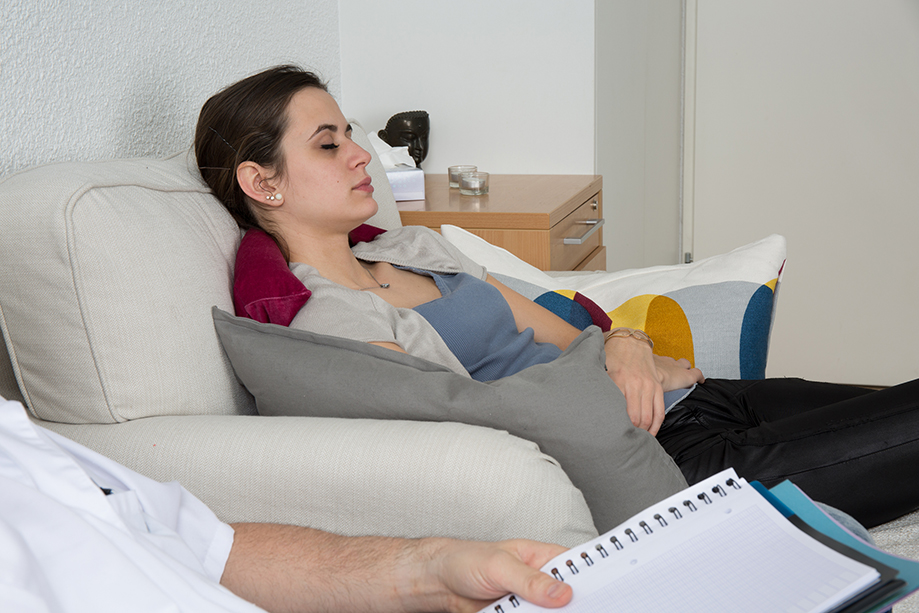Introduction to Reiki Healing in Singapore
Reiki healing is a popular alternative therapy that originated in Japan, focusing on energy healing to balance the body, mind, and spirit. It involves the practice of transferring universal life force energy to an individual through the hands of a trained practitioner. This healing art has been embraced worldwide for its ability to promote relaxation, reduce stress, and improve overall health. In Singapore, reiki for healing has gained significant traction in the wellness community, with many seeking its benefits in both personal and professional settings. Reiki healing is seen as a holistic treatment that complements traditional medicine, offering individuals a chance to experience deep healing and inner peace.
The demand for Reiki healing in Singapore has surged in recent years, with an increasing number of wellness centers, spas, and private practitioners offering Reiki services. Singaporeans are turning to Reiki as a way to relieve stress, manage pain, and enhance their emotional well-being. It is especially appealing for individuals looking for non-invasive, natural therapies that align with modern wellness trends. This growing interest is a testament to the effectiveness and accessibility of Reiki healing in this dynamic city-state.
How Reiki Healing Works: The Fundamentals
At the core of Reiki healing is the belief that energy flows within and around the body. Practitioners are trained to channel this energy through their hands to the recipient, helping to clear blockages, balance energy levels, and promote healing. Unlike other forms of healing, Reiki does not involve physical manipulation or medications; instead, it relies on the spiritual and energetic connection between the practitioner and the individual.
Reiki healing is based on the idea that life force energy, also known as “ki” or “chi,” flows through every living being. When this energy becomes blocked or unbalanced, it can lead to physical, emotional, or spiritual distress. A Reiki session typically involves a person lying down while the practitioner gently places their hands on or near specific areas of the body. The recipient may experience a variety of sensations, including warmth, tingling, or deep relaxation. It is said that this energy helps to restore harmony and promote healing on all levels.
Benefits of Reiki Healing in Singapore
The benefits of Reiki healing are vast and can have a profound impact on one’s overall health and well-being. One of the most sought-after benefits in Singapore is stress reduction. Many individuals living in fast-paced, high-pressure environments find that Reiki offers a sanctuary of calm and relaxation. The soothing touch of Reiki helps lower cortisol levels, the hormone associated with stress, leading to a more peaceful state of mind.
In addition to stress relief, Reiki has been reported to alleviate chronic pain, support emotional healing, and improve mental clarity. People suffering from conditions like anxiety, depression, or insomnia have found Reiki to be an effective complementary treatment. It is also used by individuals recovering from surgery or trauma to accelerate the healing process. The holistic nature of Reiki makes it adaptable to various health conditions, offering relief without the need for pharmaceuticals or invasive treatments. For many, Reiki serves as a vital tool in achieving a sense of balance and well-being in their lives.
Reiki Healing Techniques and Sessions in Singapore
Reiki healing sessions in Singapore are often conducted in private or group settings, depending on the individual’s preference. In a typical session, the practitioner will begin by assessing the recipient’s energy flow and identifying any areas that require healing. A Reiki session usually lasts between 45 minutes to an hour, during which the practitioner channels energy to the body’s energy centers, or chakras. The recipient may feel deeply relaxed, with some even falling into a meditative state.
Different Reiki techniques are used to address specific issues or conditions. For example, a practitioner may focus on specific areas of the body where energy blockages are present, such as the heart chakra for emotional healing or the solar plexus chakra for stress relief. The practitioner may also use distant Reiki, a technique that allows the healing energy to be sent over a distance, even when the practitioner and recipient are not physically in the same location. This form of Reiki is gaining popularity, especially in the digital age, where individuals may choose to receive healing from the comfort of their homes.
Finding Reiki Healing Practitioners in Singapore
In Singapore, Reiki healing is easily accessible, with numerous certified practitioners and wellness centers offering sessions across the city. Many practitioners are trained through Reiki Master courses, which ensure that they have the necessary skills and knowledge to provide safe and effective healing. When choosing a Reiki practitioner, it’s essential to ensure that they are certified by a recognized Reiki organization, as this guarantees a certain level of expertise.
Before attending a Reiki session, individuals are encouraged to communicate their specific needs and concerns to the practitioner. This allows the practitioner to tailor the session to the individual’s personal goals, whether it’s to relieve physical pain, reduce stress, or promote emotional healing. Many practitioners in Singapore offer both in-person and remote Reiki sessions, making it convenient for clients to choose the format that suits them best. The growing popularity of Reiki in Singapore has also led to a wide range of options, with some practitioners incorporating additional modalities like meditation or aromatherapy to enhance the healing experience.


